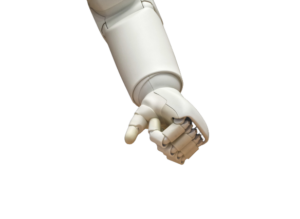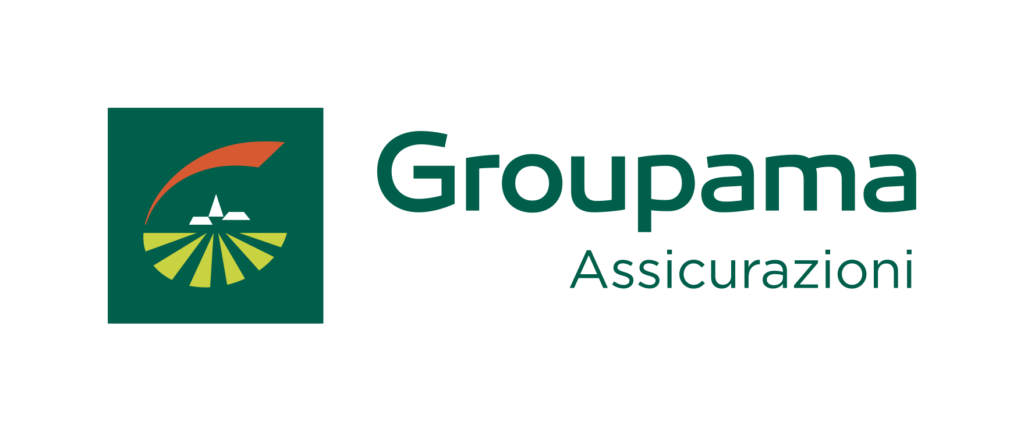What are the Observatory activities?
 This area of research reflects on the major transformations affecting the world of work in an era in which the connection between growth and employment seems to be loosening and the experience of workers is increasingly configured as heterogeneous, fluid and unstable. In this context, there is a need to identify the causes of this phenomenon, as well as possible solutions to improve the quality of work, increase its capacity to ensure well-being and social inclusion, and promote the creation of new employment opportunities. Therefore, the observatory analyzes labor market trends, employment policies, socio-economic factors affecting the world of work, and compares different national and international realities. It organizes roundtables, workshops and conferences to discuss and explore issues related to the future of work and involve businesses, trade unions and public institutions.
This area of research reflects on the major transformations affecting the world of work in an era in which the connection between growth and employment seems to be loosening and the experience of workers is increasingly configured as heterogeneous, fluid and unstable. In this context, there is a need to identify the causes of this phenomenon, as well as possible solutions to improve the quality of work, increase its capacity to ensure well-being and social inclusion, and promote the creation of new employment opportunities. Therefore, the observatory analyzes labor market trends, employment policies, socio-economic factors affecting the world of work, and compares different national and international realities. It organizes roundtables, workshops and conferences to discuss and explore issues related to the future of work and involve businesses, trade unions and public institutions.
The objectives
- Nourish a productive dialogue between the academic research, the institutions and the social entities regarding themes concerning to industrial politics and technological innovation, with the aim of fostering paradigms of sustainable development and focused on collective interest;
- Identify innovative ways to safeguard welfare and new forms of representation, in order to facilitate the inclusion of a wider diversity in the decision-making processes;
- Value the human capital, considering it one of the strong points of the work environment of today;
- Promote active policies to make the job market more fair and inclusive;
- Cooperate around the identification of practical solutions to enhance the quality of work conditions, guaranteeing weelbeing and inclusivity;
- Stimulate a collective reflection on the major transformations in the job market at play today, and offer efficient solutions in order to enhance the quality and inclusivity of working conditions;
- Involve all the parties interested, such as the enterprises, institutions and unions in understanding and discussing the themes connected to the world of work and its future.

Network
- INDL-International Network on Digital Labour, Università degli Studi di Milano-Bicocca
- Observatoire Français des Conjonctures Économiques-Sciences Po, Università degli Studi di Milano
- INAPP-Istituto Nazionale per l’Analisi delle Politiche Pubbliche
- OCIS-Osservatorio Internazionale per la Coesione e l’Inclusione Sociale
- ETUI-European Trade Union Institute
- Università Cattolica del Sacro Cuore di Milano
- WZB-Berlin Social Science Center
- LUISS Guido Carli



